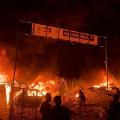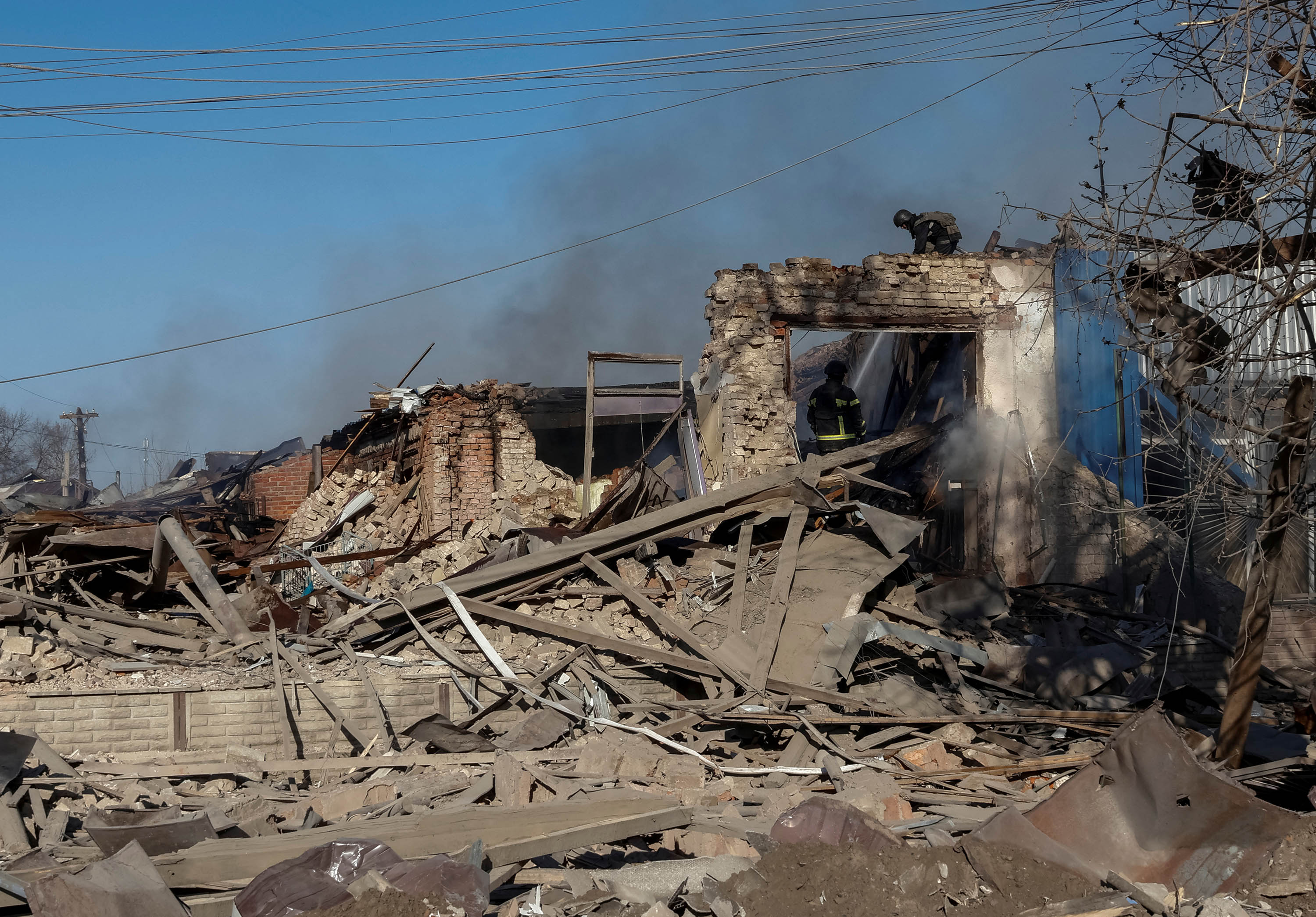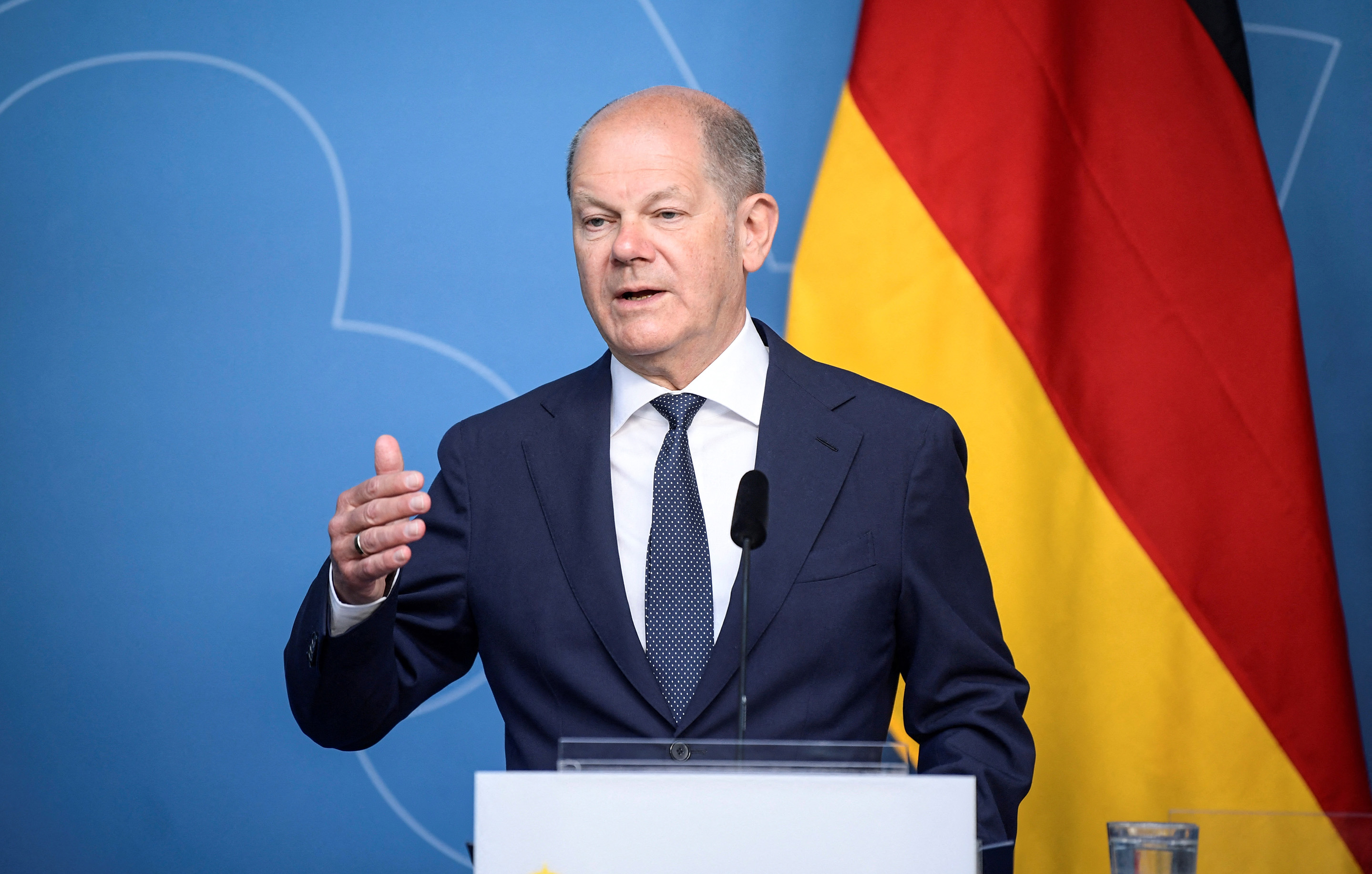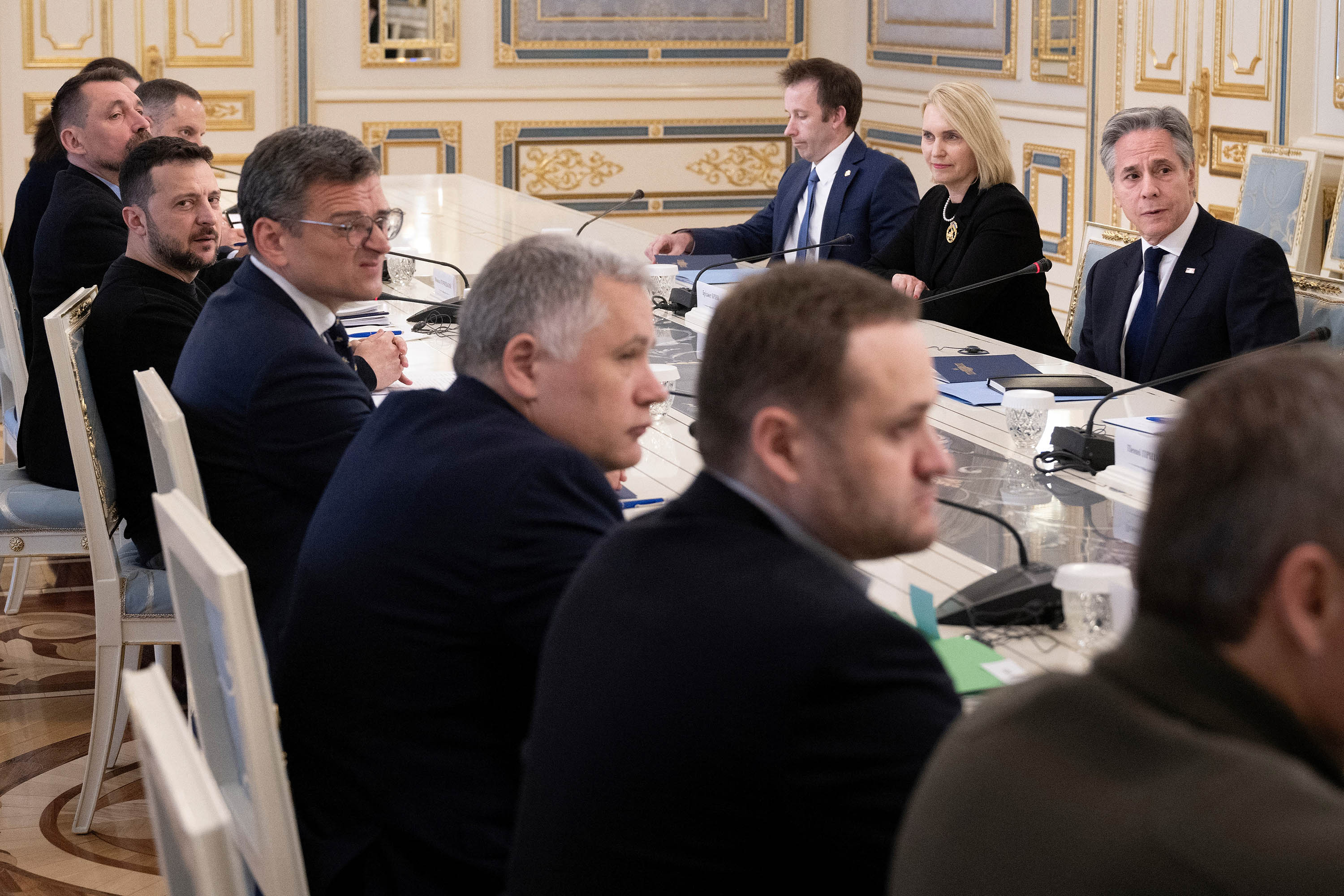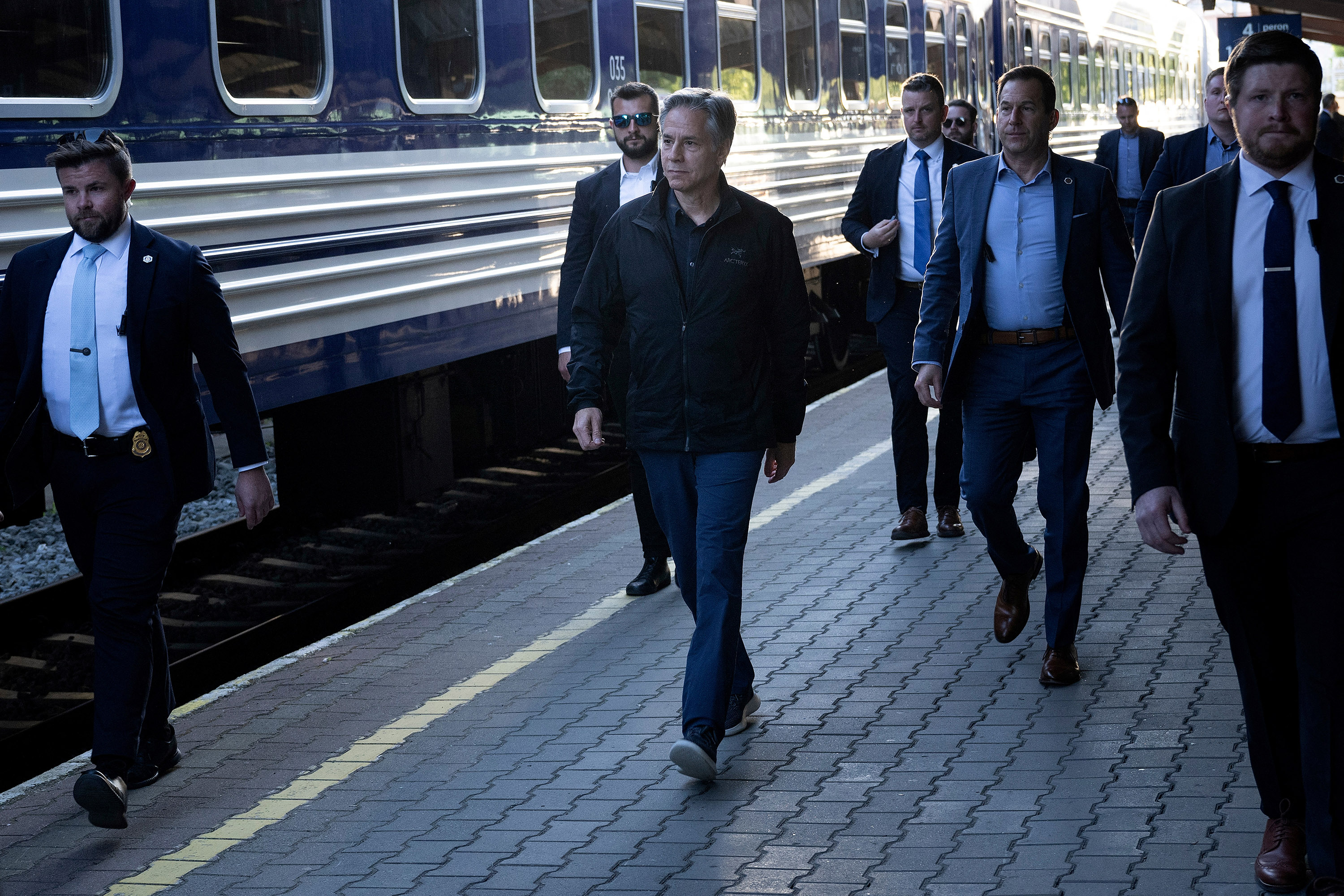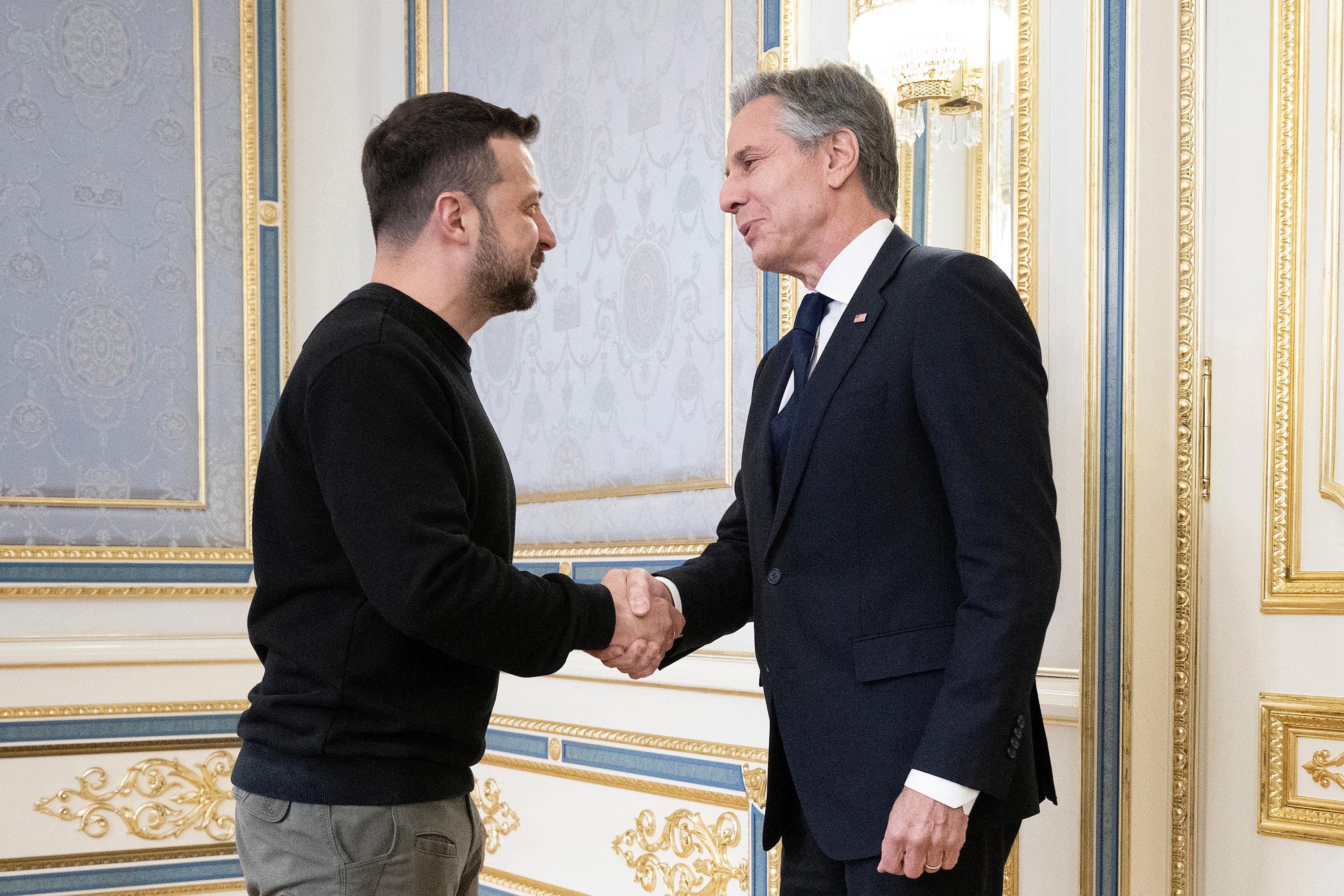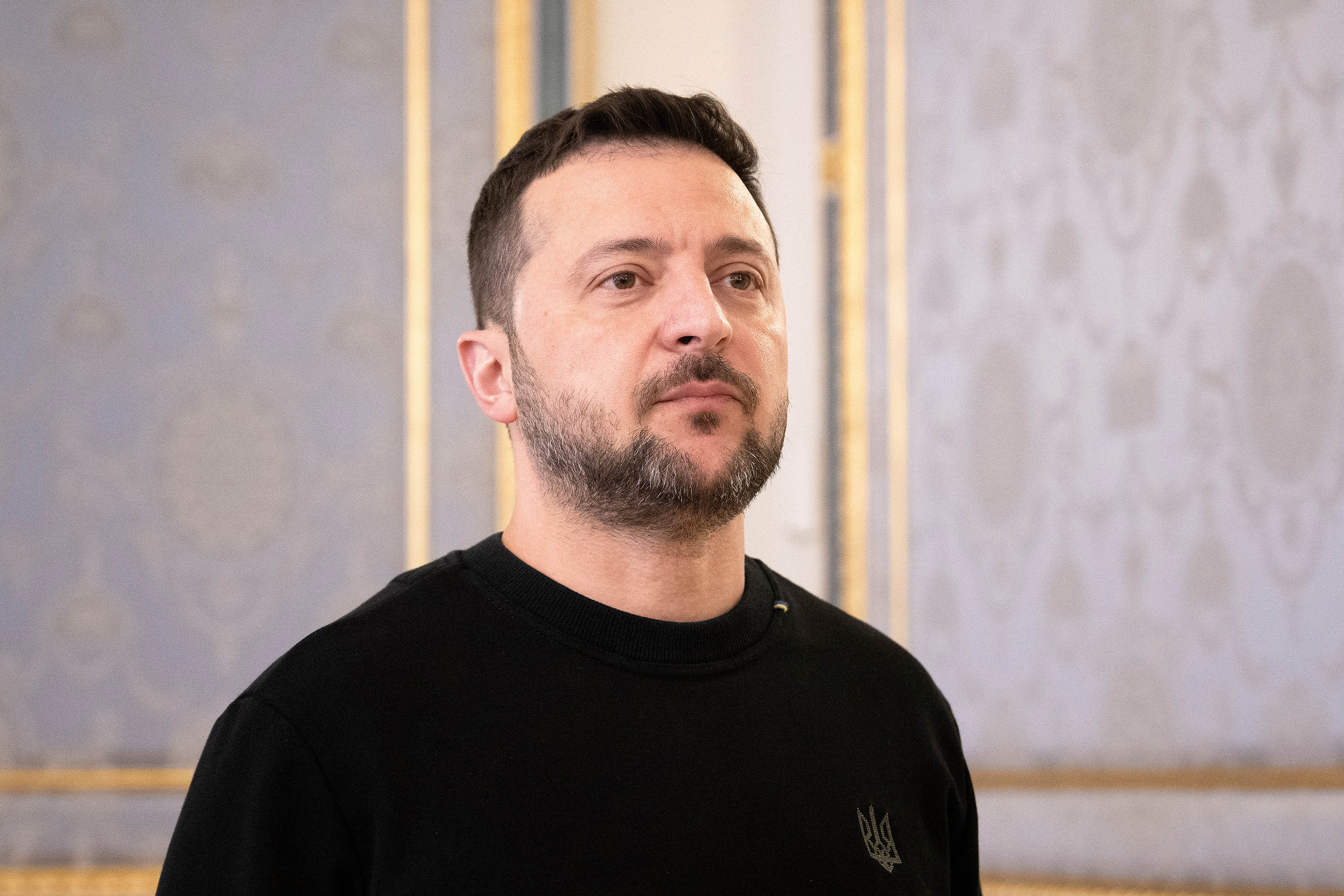
Ukraine's President Volodymyr Zelensky has sought to reassure Ukrainians that Russia’s operations in the northern Kharkiv border area will not lead to defensive gaps elsewhere along the frontline.
“We understand how the enemy is acting, and we see the plan to draw our forces back,” Zelensky said in an address on Monday evening.
“Of course, we are not leaving the Donetsk areas without the necessary support and supplies, namely the Kramatorsk and Pokrovsk directions,” he added.
Many Ukrainians believe Russia’s real intentions in its Kharkiv push are to force Ukraine to redeploy troops defending key locations further south, including Chasiv Yar, which sits on high ground west of Bakhmut.
Russian soldiers have been making steady advances towards it in recent weeks and the capture of Chasiv Yar would being Russia closer to three key military towns – Kostiantynivka, Kramatorsk and Sloviansk – in the Donetsk region.
While Russia’s desire to capture all of Donetsk is clear – it announced it had annexed the region back in 2022 – some analysts argue the Kharkiv operation might also be about the creation of a buffer zone along Russia’s border with Ukraine.
The Institute for the Study of War says reports of the destruction of several bridges across key waterways suggest Moscow is “prioritizing the creation of a ‘buffer zone’ over a deeper penetration into the region.”
Russia’s President Vladimir Putin has made several references in the past to creating such a zone inside Ukraine, to better protect Russian towns like Belgorod from coming under Ukrainian attack.


